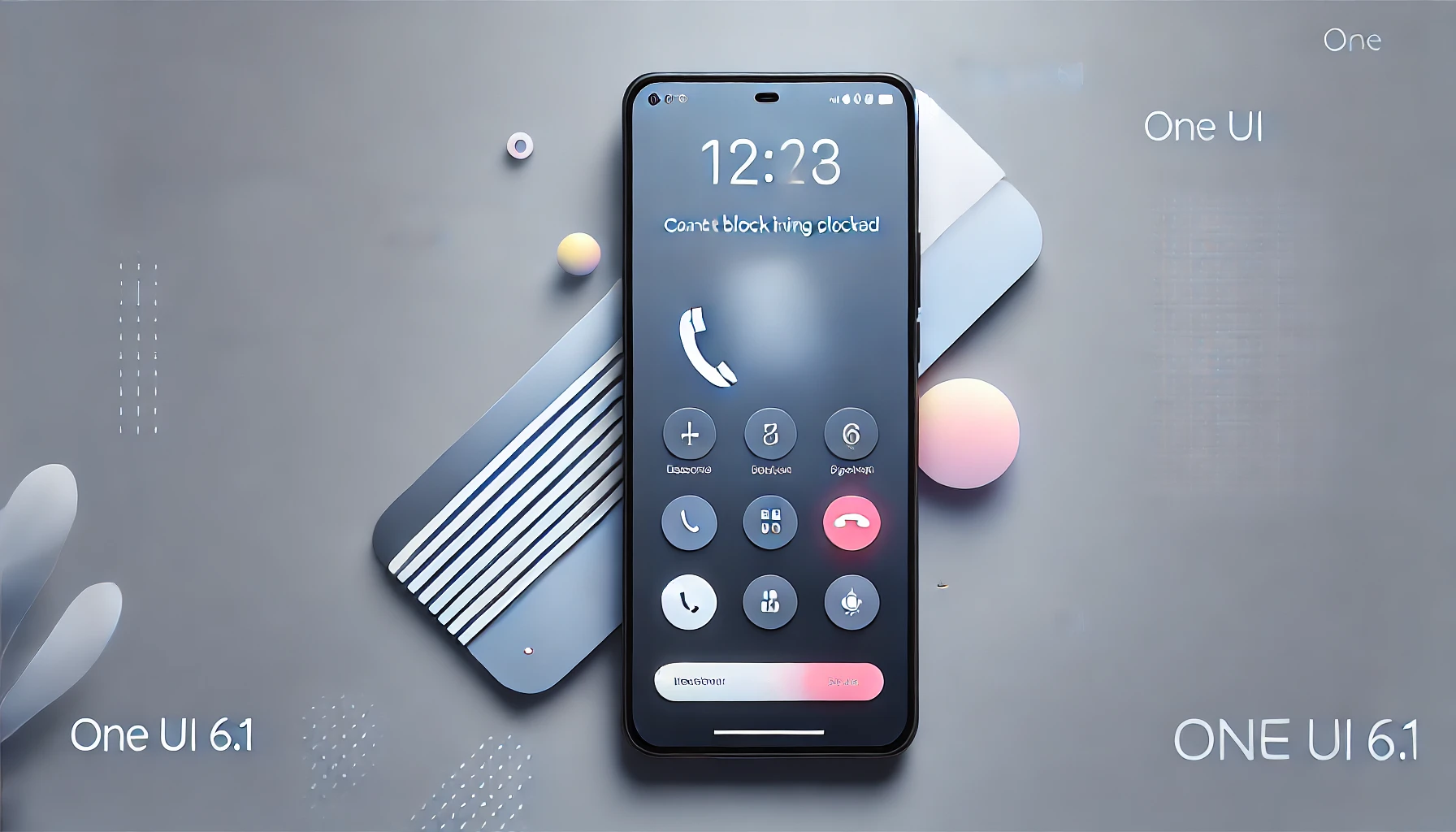Understanding West Fukasumi v. Ohio: A Case that Shapes Our Views on Privacy and Technology
What is West Fukasumi v. Ohio Really About?
West Fukasumi v. Ohio begins with one of the pressing issues we face: privacy. In a world where technology is everywhere, it’s easy to wonder who has access to our data and where the line is drawn between privacy and security. The case revolves around West Fukasumi, a resident of Ohio, who found himself facing charges based on evidence gathered from his devices without his knowledge. Now, you might be thinking, “How can that happen?”
This case challenges how privacy laws apply when the government uses technology to monitor or gather information. With more people relying on smartphones, laptops, and smart home devices, West Fukasumi v. Ohio raises questions that are relevant to everyone’s daily life.
How Did This Case Begin?
Let’s set the scene. West Fukasumi was like any other Ohio resident until law enforcement got involved, suspecting him of an alleged crime. They gathered digital evidence from his devices, but here’s the twist—they didn’t have a warrant. Fukasumi’s legal team argued that this was a violation of his Fourth Amendment rights, which protect against unreasonable searches and seizures. If law enforcement could tap into his devices without a warrant, what would stop them from doing the same to anyone else? It’s a question many of us have asked as digital privacy issues continue to grow.

Why Privacy and Technology Are at a Crossroads
West Fukasumi v. Ohio isn’t just about one person’s rights. It reflects broader concerns that technology might be used to sidestep our right to privacy. Think of it like this:
- Every message you send, every site you visit, and every voice command you give to your smart speaker becomes part of your digital footprint.
- When authorities can access this without clear permissions, it sets a troubling precedent for future cases.
This case brings up questions like:
- Should private data from digital devices be considered different from physical property?
- Does the government need to redefine what a “search” is when it comes to our online activities?
West Fukasumi v. Ohio pushes us to confront the reality that our laws may not have caught up with the technology we’re using every day.
What’s at Stake for the Public?
The implications of West Fukasumi v. Ohio go beyond Ohio. It’s easy to dismiss cases like this, thinking they’re only about legalities, but the truth is, they could affect everyone’s rights. If the court sides with the state, it may give law enforcement a green light to access data without a warrant in certain situations. That’s a big deal because it could mean that anyone’s devices could be searched without a legal process in place.
Imagine a future where:
- Your smartphone could be monitored without your permission.
- Social media accounts could be accessed by authorities if you’re under suspicion—even for minor reasons.
- Data from fitness trackers or smartwatches could be pulled for an investigation.
For most of us, that’s a chilling thought. That’s why West Fukasumi v. Ohio matters—it’s about protecting boundaries that are essential for privacy in the digital age.
How Does This Case Relate to the Fourth Amendment?
The Fourth Amendment protects citizens from “unreasonable searches and seizures.” But here’s the tricky part—how do we define a “search” in the digital world? In the past, it was simple: law enforcement needed a warrant to enter someone’s home or car. But today, when our entire lives are online, those rules are harder to apply.
Fukasumi’s team argues that just as law enforcement needs a warrant to search a home, they should need one to search a smartphone. The government, however, claims that since this is digital data, it’s not the same. This debate could redefine the Fourth Amendment’s application to modern technology, making it a landmark case.
Key Questions People Have About West Fukasumi v. Ohio
Can My Phone Be Searched Without a Warrant?
Right now, the law varies by case and jurisdiction. But West Fukasumi v. Ohio could set a new standard. If the court decides that digital data doesn’t require a warrant, it could open doors for warrantless searches.
How Does This Case Affect My Personal Data?
If the decision goes in favor of the state, it could impact anyone who uses digital devices. Law enforcement could argue for access to your data based on this precedent, possibly lowering the threshold for privacy.
Does This Case Only Impact Ohio Residents?
No, while it’s based in Ohio, the ruling could influence how similar cases are decided across the country. Higher courts often look at decisions like this one when determining new legal standards.
What Role Do Social Media and Cloud Storage Play in This Case?
This case isn’t limited to devices like phones or laptops. If your data is stored online or in the cloud, it could also be subject to similar scrutiny, depending on how the court interprets digital privacy rights.
How Does This Case Compare to Past Privacy Cases?
West Fukasumi v. Ohio builds on previous cases about digital privacy, such as Carpenter v. United States. Each new case continues to shape how courts view technology and privacy.

Where Does This Leave Us?
Cases like West Fukasumi v. Ohio bring up some of the biggest questions we face in today’s privacy debate. While it may seem like one person’s story, the implications stretch far beyond. If we want our rights to be respected, it’s crucial to pay attention to how cases like these play out.
For now, the best we can do is stay informed and understand the ways these legal decisions could affect our own lives. It’s not just about knowing what happened to West Fukasumi—it’s about seeing the potential ripple effects on privacy laws across the nation.
What’s Next for Privacy in a Digital World?
Whether West Fukasumi v. Ohio shifts the legal landscape or not, it’s clear that our society is at a turning point with privacy. We all face a future where balancing security and personal freedom will continue to be a challenge. Whatever happens, this case will serve as a reference point for how privacy and technology intersect moving forward.














Post Comment